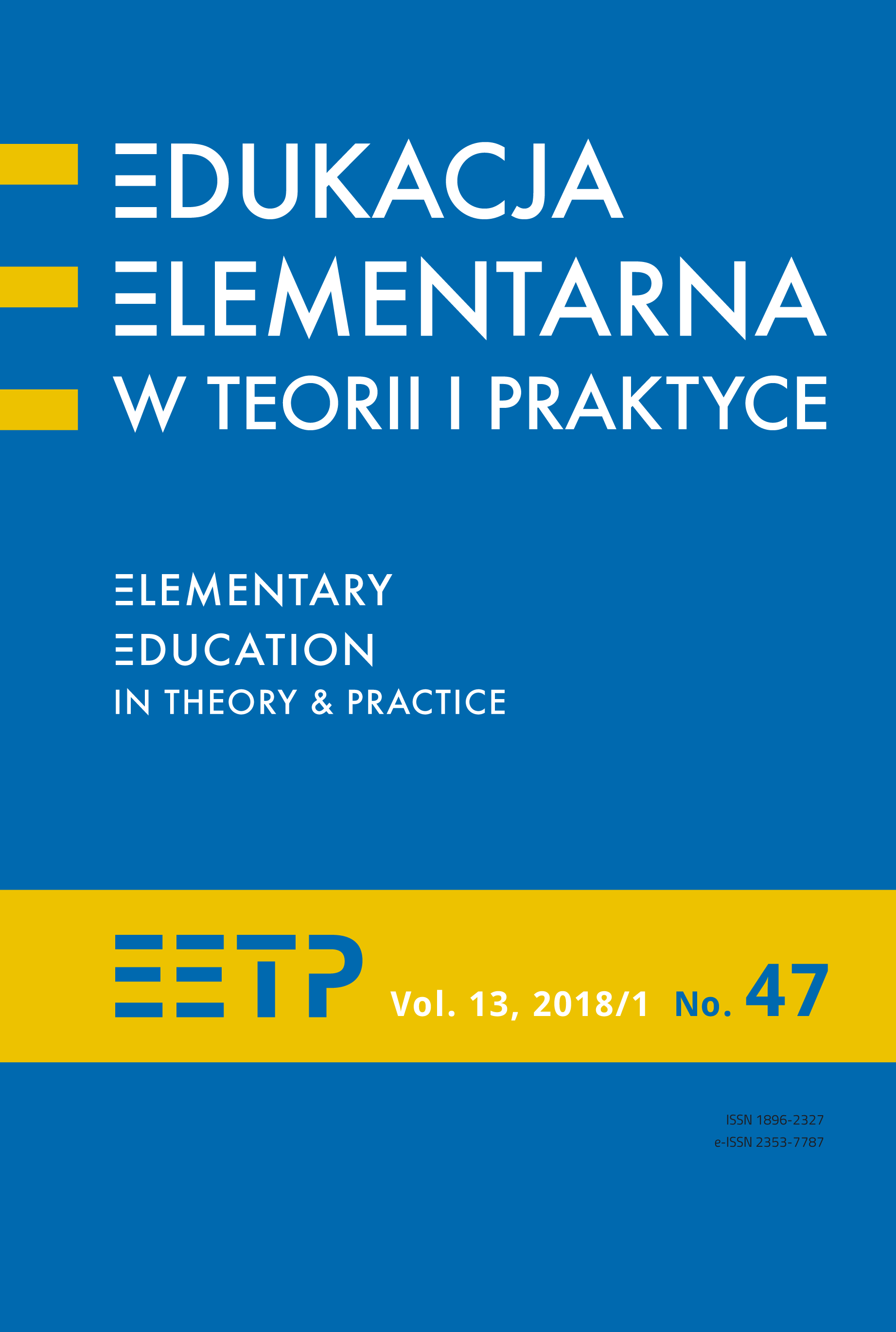Autonomia poznawcza dziecka w koncepcji Marii Montessori – współczesne (re)interpretacje
The Child’s Cognitive Autonomy in Montessori Pedagogy – Contemporary (Re)Interpretations
Author(s): Dorota ZdybelSubject(s): Social Sciences, Education, Preschool education
Published by: Uniwersytet Ignatianum w Krakowie
Keywords: Cognitive autonomy; independence; self-reliance; self-regulated learning; metacognitive reflection; Maria Montessori pedagogy
Summary/Abstract: This text presents a theoretical analysis of Maria Montessori’s concept of cognitive autonomy, defined as a process of gaining power and control over one’s own thinking and learning, building the ability to regulate its course and evaluate the results of learning. The main aim of the article is to present the cognitive potential included in M. Montessori’s pedagogical thinking, the undiscovered dimensions of her concepts, and the unusual actuality confirmed by the latest research results. The first part of the article presents the constructive nature of the learning process based on self-discipline, the internal ability to regulate one’s own impulses, and control them consciously. The second part of the article presents contemporary interpretations of Maria Montessori’s concepts, provided by researchers and teachers- practitioners from the perspective of new psychological and pedagogical achievements. The evolution in the thinking of Montessori teachers is seen here as being a sensitive balance, with the “purity” of Montessori’s original ideas on the one hand, and a critical reflection over one’s own personal teaching practice, and discovering problems or phenomena, which – although unnamed – are deeply rooted in the Montessori classroom environment.
Journal: Edukacja Elementarna w Teorii i Praktyce
- Issue Year: 13/2018
- Issue No: 1 (47)
- Page Range: 89-103
- Page Count: 15
- Language: Polish

